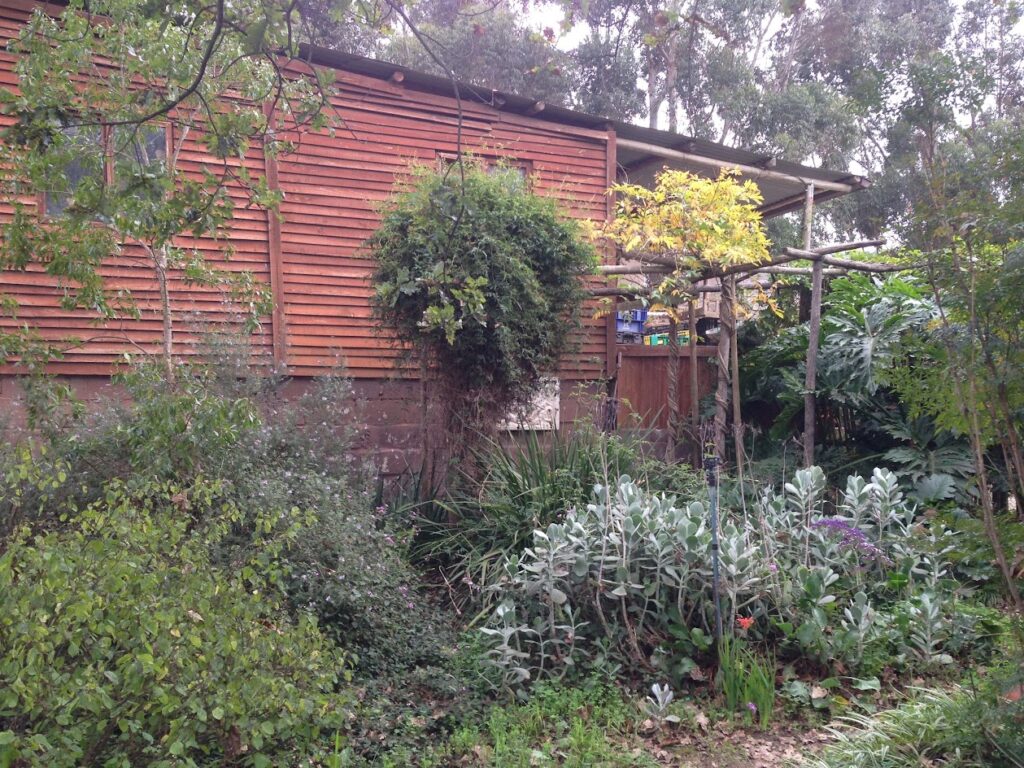The Statistics
The rising number of preventable and unnecessary cases of wildlife suffering and death due to human ignorance and actions is alarming.
In South Africa, thousands of wild birds and mammals die each year due to improper first aid, removal from their natural habitats, and stress in captivity.
Specific figures include:
Over 20,000 wild birds die annually due to improper care and handling.
Approximately 5,000 small mammals face similar fates each year.
The issue is equally dire worldwide. Millions of birds and around 100,000 small mammals die each year from human-related causes.
The Challenge
There is a significant lack of resources and facilities to facilitate comprehensive educational outreach programs in the Western Cape. This deficiency exacerbates the decline in urban wildlife populations, which has seen a notable decrease over the past decade due to:
- Urbanization and habitat loss.
- Increased human-wildlife interactions leading to more wildlife being taken into captivity or improperly handled.
Studies show a nearly 30% decline in urban wildlife populations over the last ten years, highlighting the urgent need for effective educational programs.
Impact of educational programs on wildlife: Wildlife Conservation
Rising to the Challenge
Education has a proven track record of significantly reducing preventable wildlife deaths and enhancing biodiversity. That is why we are committed to creating the Wild Way Learning Centre at Grace Valley Haven, in partnership with Greyton Farm Animals Sanctuary and the Institute for Humane Education.
By providing accessible knowledge and vital, potentially life-saving skills to the public, we aim to empower communities to actively care about the preservation of wildlife and biodiversity. Our dual approach combines educational outreach with online and in-person training workshops at strategically located physical branches throughout the Western Cape, where there is a dire lack of wildlife educational and rescue centres.
Case Studies of Educational Impact
The Wildlife Trust of India (WTI): WTI’s educational programs on wildlife rescue and rehabilitation have significantly reduced human-wildlife conflict and mortality rates. For example, their Rapid Response Teams, trained in wildlife rescue, have saved over 500 animals annually across various regions .
Wildlife Conservation Society (WCS): WCS’s educational outreach in Madagascar has led to a 40% increase in local community engagement in wildlife conservation efforts, resulting in a notable decrease in lemur poaching and habitat destruction .
Australian Wildlife Conservancy (AWC): AWC’s community education programs have led to a significant decrease in incidents of wildlife harm. For example, their programs focusing on the correct handling and care of injured wildlife have reduced annual wildlife casualties by 30% in participating communities.

The Wild Way Learning Centre at Grace Valley Haven will be set up to create, distribute and share wildlife conservation training and educational outreach initiatives with the public, schools and community organisations.
Find out how you can support this project, here
References:
- Statistics on wildlife deaths due to human interference: Global Wildlife
- Statistics on improper first aid and captivity stress: Wildlife Rehab
- Decline of urban wildlife populations: SANBI
- Impact of educational programs on wildlife: Wildlife Conservation
- Success stories of biodiversity increase through education: Conservation International





![Give A HOOT! [Watch]](https://gracevalleyhaven.co.za/wp-content/uploads/2025/05/Spotty.jpg)

![Going Batty [Watch]](https://gracevalleyhaven.co.za/wp-content/uploads/2024/04/trevor-gerzen-jC8uzTM8PlM-unsplash-1.jpg)
Leave a Reply